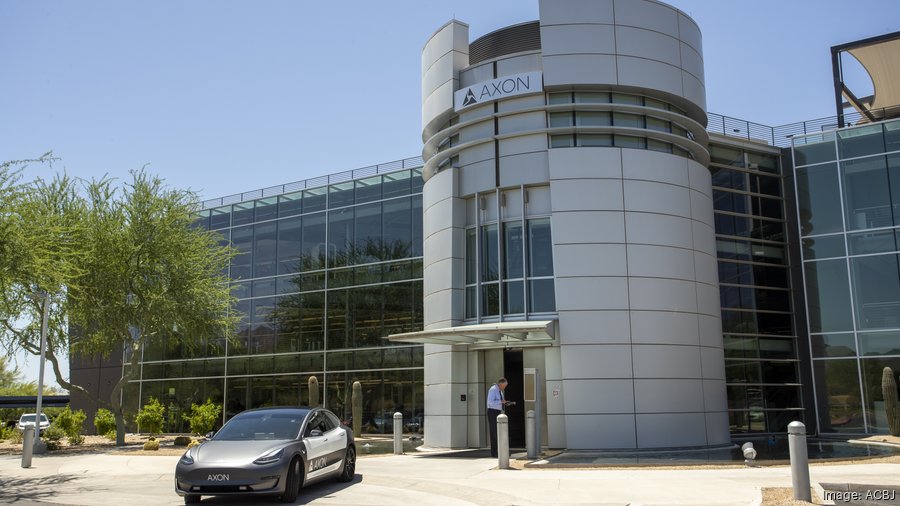High court struggles over generic drug delay deals
Mar 25, 2013, 9:19 PM
WASHINGTON (AP) – Supreme Court justices appeared troubled Monday over whether to stop deals between pharmaceutical corporations and their generic drug competitors that the government says could keep cheaper forms of medicine from American consumers for longer periods of time.
Justices heard arguments from the Justice Department against what the government calls “pay-for-delay” deals or “reverse settlements.”
Such deals arise when generic companies file a challenge at the Food and Drug Administration to the patents that give brand-name drugs a 20-year monopoly. The generic drugmakers aim to prove the patent is flawed or otherwise invalid, so they can launch a generic version well before the patent ends.
Brand-name drugmakers then usually sue the generic companies, which sets up what could be years of expensive litigation. When the two sides aren’t certain who will win, they often reach a compromise deal that allows the generic company to sell its cheaper copycat drug in a few years _ but years before the drug’s patent would expire. Often, that settlement comes with a sizable payment from the brand-name company to the generic drugmaker.
Drugmakers say the settlements protect their interests but also benefit consumers by bringing inexpensive copycat medicines to market years earlier than they would arrive in any case generic drugmakers took to trial and lost. But federal officials counter that such deals add billions to the drug bills of American patients and taxpayers, compared with what would happen if the generic companies won the lawsuits and could begin marketing right away.
A study by RBC Capital Markets Corp. of 371 cases during 2000-09 found brand-name companies won 89 at trial compared to 82 won by generic drugmakers. Another 175 ended in settlement deals, and 25 were dropped.
The Obama administration, backed by consumer groups and the American Medical Association, wants the court to stop the deals because it says they profit the drug companies but harm consumers by adding $3.5 billion annually to their drug bills.
“What the brand name is attempting to purchase is protection from the possibility that it will have its patent invalidated, and it will suffer a large competitive advantage,” Justice Department lawyer Malcolm L. Stewart told the justices.
What if a brand-name drug company is making $100 million, and a generic drug company says its product will reduce that to $10 million, so both companies agree that the brand name company would give the generic company $25 million to stay off the market, asked Justice Elena Kagan. “It’s clear what’s going on here is that they’re splitting monopoly profits, and the person who’s going to be injured are all the consumers out there,” Kagan said.
Generic drugs account for about 80 percent of all American prescriptions for medicines and vaccines, but a far smaller percentage of the $325 billion spent by U.S. consumers on drugs each year. Generics saved American patients, taxpayers and the healthcare system an estimated $193 billion in 2011 alone, according to health data firm IMS Health.
But Justice Sonia Sotomayor said it may be going too far to make these deals illegal on their face, instead of making the government prove they are anticompetitive in court in each case. “It would seem to me that you have to bear the burden of proving that the payment for services or the value given was too high,” she told Stewart.
Sotomayor said later the government seems to be arguing that the generic vs. brand name drug fight should be settled by the generic paying a royalty or negotiating an early release date for the generic drug instead of by the two companies agreeing to share profits. “What’s so bad about that?” she said.
But Jeffrey L. Weinberger, lawyer for the defendant, Actavis Inc., in the government lawsuit, said most cases aren’t settled like that, and in case of a strong brand-name drug patent, generic drugmakers wouldn’t have an incentive to settle with brand name companies.
They would say, “‘Why would I drop this lawsuit to get an entry date in 2025 or 2028? That doesn’t meet my business needs, I have shareholders, I have investors, I have to run a business, and I’m going to keep on litigating unless you give me something of value,'” Weinberger said. “So that’s what these agreements are about.”
Justice Ruth Bader Ginsburg said that by settling with a reverse payment, the generic drug maker gets more than it would if it won against the brand-name drugmaker at trial.
Added Justice Anthony Kennedy: “Why don’t you just put a cap on what the generic can make and then we won’t have a real concern with the restraint of trade, or we’ll have a lesser concern.”
The court shouldn’t let the government interfere with the ways companies have decided to resolve these disputes, Weinberger said.
Congress intended that “generics should be able to challenge, and should have strong incentive to challenge, but that doesn’t mean that they should be required to litigate to conclusion,” Weinberger said. “And if settlement is made more difficult so that different perceptions or different business objectives can’t be bridged with some kind of a business settlement, that is going to mean that fewer generics are going to challenge these patents and that is contrary to the purpose.”
In the case before the court, Brussels, Belgium-based Solvay _ now part of a new company called AbbVie Inc. _ reached a deal with generic drugmaker Watson Pharmaceuticals allowing it to launch a cheaper version of Solvay’s male hormone drug AndroGel in August 2015. The patent runs until August 2020, and brought in $1.2 billion last year for AbbVie.
The government said Solvay agreed to pay Watson, now called Actavis Inc., an estimated $19 million-$30 million annually. Actavis said the deal, in addition to providing a licensing agreement over Solvay’s Androgel patents, compensated Actavis for using its sales force to promote AndroGel to doctors.
The FTC called the deal anticompetitive and sued Actavis.
Eight justices will decide this case later this year. Justice Samuel Alito did not take part in the arguments.
___
The case is Federal Trade Commission vs. Actavis, Inc., 12-416.
AP Business Writer Linda A. Johnson in Trenton, N.J., contributed to this report.
___
Follow Jesse J. Holland on Twitter at
http://www.twitter.com/jessejholland
(Copyright 2013 The Associated Press. All rights reserved. This material may not be published, broadcast, rewritten or redistributed.)








